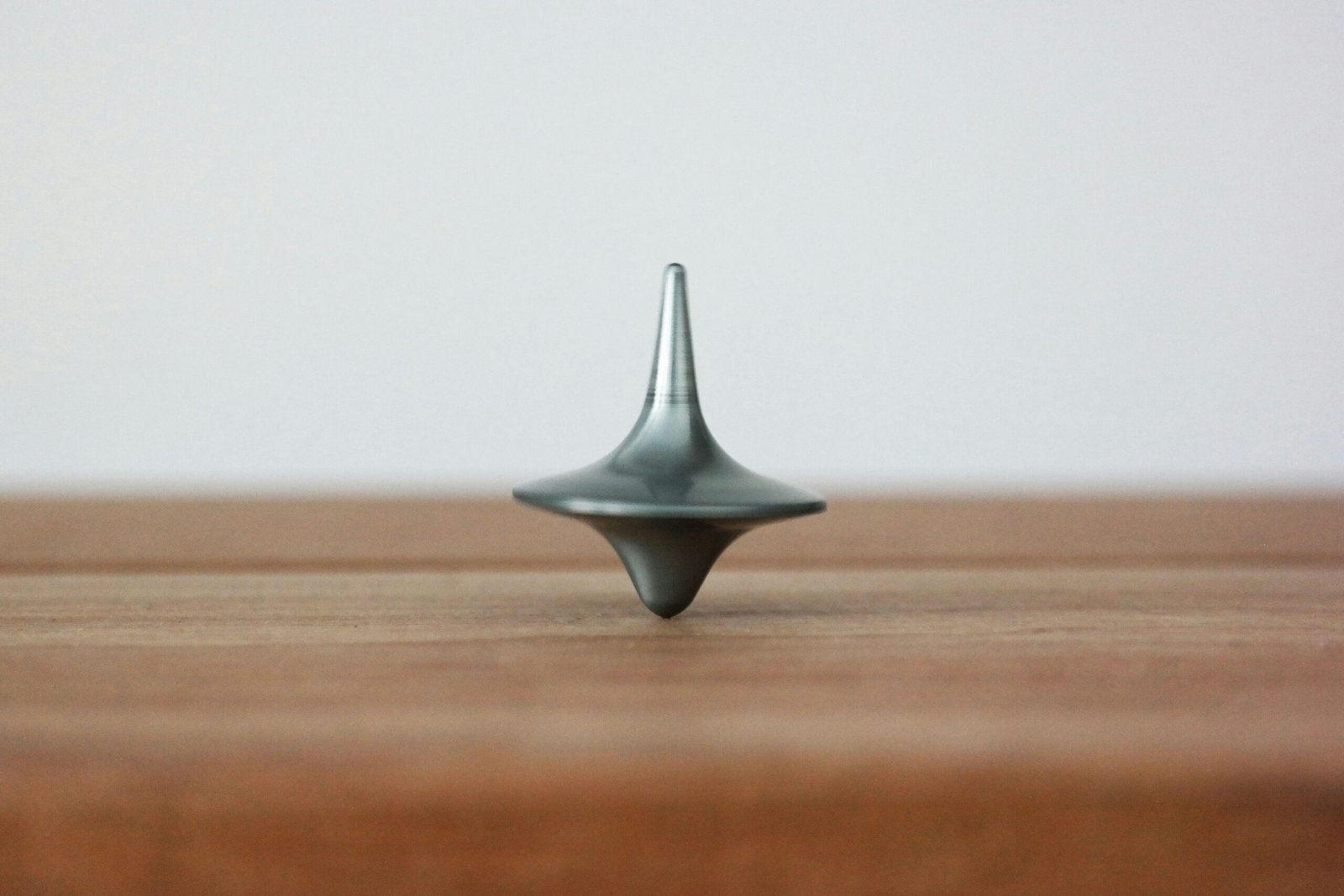
One of the key areas where balance is important is in our diet. A balanced diet consists of a variety of nutrient-rich foods that provide us with the necessary vitamins, minerals, and macronutrients that our bodies need to function properly. This means including a mix of fruits, vegetables, whole grains, lean proteins, and healthy fats in our meals. It’s not about completely cutting out certain food groups or following strict diets, but rather about making conscious choices and practicing moderation.
Similarly, balance is important when it comes to physical activity. Engaging in regular exercise is crucial for maintaining a healthy weight, improving cardiovascular health, and boosting mood. However, it’s important to find a balance between different types of exercise, such as cardio, strength training, and flexibility exercises. Overdoing it or focusing too much on one type of exercise can lead to burnout or increased risk of injury. Finding activities that you enjoy and mixing up your routine can help you stay motivated and maintain a balanced approach to fitness.
In addition to diet and exercise, balance is also important in managing stress and taking care of our mental well-being. In today’s fast-paced world, it’s easy to get caught up in the demands of work, family, and other responsibilities. However, neglecting self-care and failing to find time for relaxation and leisure activities can lead to burnout and negatively impact our mental health. Taking breaks, practicing mindfulness or meditation, and engaging in hobbies or activities that bring joy and relaxation are all important for maintaining balance in our lives.
Furthermore, balance extends beyond just our physical and mental well-being. It also encompasses our relationships, work-life balance, and overall lifestyle choices. Building and maintaining healthy relationships with family, friends, and colleagues is important for our emotional well-being. Striking a balance between work and personal life can help prevent burnout and promote a sense of fulfillment. Making conscious choices about how we spend our time, setting boundaries, and prioritizing activities that align with our values and goals can all contribute to a more balanced and fulfilling life.
In conclusion, balance is a fundamental aspect of leading a healthy lifestyle. It involves finding the right balance in our diet, exercise routine, stress management, relationships, and overall lifestyle choices. By striving for balance in these areas, we can achieve optimal health, happiness, and overall well-being.
Physical Balance
Physical balance refers to maintaining a balanced approach to exercise and physical activity. It involves finding the right balance between different types of exercises, such as cardio, strength training, and flexibility exercises.
Cardiovascular exercises, such as running, swimming, or cycling, help in improving heart health and burning calories. They increase the heart rate and improve blood circulation, which can lead to a reduced risk of cardiovascular diseases. Moreover, these exercises also have a positive impact on mental health by reducing stress and improving mood.
Strength training exercises, such as weightlifting or bodyweight exercises, help in building muscle strength and increasing metabolism. When you engage in strength training, your muscles adapt by becoming stronger and more efficient. This not only enhances physical performance but also helps to maintain a healthy body weight. Additionally, strength training exercises promote bone health and reduce the risk of osteoporosis, especially in older adults.
Flexibility exercises, such as yoga or stretching, improve flexibility and prevent injuries. These exercises help to maintain a good range of motion in the joints and muscles, which is essential for performing daily activities and preventing muscle imbalances. Regular stretching can also alleviate muscle tension and improve posture, reducing the risk of musculoskeletal disorders.
By incorporating a variety of exercises into your routine, you can work different muscle groups, improve overall fitness, and prevent boredom. It’s important to listen to your body and give it adequate rest and recovery time. Overtraining can lead to injuries and burnout, so finding the right balance between exercise and rest is crucial.
In addition to exercise, physical balance also encompasses other aspects of a healthy lifestyle, such as nutrition and sleep. A well-balanced diet provides the necessary nutrients for energy production, muscle repair, and overall health. Adequate sleep is equally important as it allows the body to recover and recharge, ensuring optimal physical and mental functioning.
In conclusion, physical balance involves finding the right balance between different types of exercises, maintaining a healthy diet, and getting enough sleep. By achieving physical balance, you can enhance your overall well-being and lead a healthier, more fulfilling life.
Dietary Balance
Eating a balanced diet is another important aspect of maintaining a healthy lifestyle. A balanced diet includes a variety of foods from different food groups, providing essential nutrients, vitamins, and minerals. This means incorporating a mix of fruits, vegetables, whole grains, lean proteins, and healthy fats into your daily meals.
When it comes to fruits and vegetables, it’s important to include a wide range of colors to ensure you’re getting a diverse array of nutrients. For example, orange fruits and vegetables like carrots and sweet potatoes are rich in vitamin A, while leafy greens like spinach and kale are packed with iron and other important minerals.
Whole grains, such as brown rice, quinoa, and whole wheat bread, are a great source of fiber and provide sustained energy throughout the day. They also contain important vitamins and minerals that are stripped away during the refining process of white grains.
Lean proteins, such as chicken, fish, tofu, and beans, are essential for building and repairing tissues in the body. They also help to keep you feeling full and satisfied after meals. It’s important to choose lean sources of protein to minimize saturated fat intake and promote heart health.
Healthy fats, such as avocados, nuts, and olive oil, are an important part of a balanced diet. These fats provide essential fatty acids that the body needs for proper functioning. They also help to absorb certain vitamins and promote brain health.
Avoiding processed foods, sugary drinks, and excessive salt and sugar is also important for maintaining a healthy balance. These foods are often high in calories, unhealthy fats, and added sugars, which can contribute to weight gain and increase the risk of chronic diseases such as diabetes and heart disease.
Portion control is another key factor in dietary balance. It’s important to listen to your body’s hunger and fullness cues and eat in moderation. This means being mindful of the amount of food you consume and stopping when you feel satisfied, rather than eating until you’re overly full.
Overeating can lead to weight gain and other health issues, while undereating can deprive your body of essential nutrients. Finding a balance that works for you and your body’s needs is crucial for maintaining overall health and well-being.
Balance also means allowing yourself to indulge in your favorite treats occasionally. Depriving yourself of the foods you love can lead to feelings of restriction and ultimately result in binge eating. By allowing yourself to enjoy your favorite foods in moderation, you can maintain a healthy relationship with food and avoid feelings of guilt or deprivation.
In conclusion, a balanced diet is essential for maintaining a healthy lifestyle. By incorporating a variety of foods from different food groups, practicing portion control, and allowing yourself to enjoy treats in moderation, you can achieve a dietary balance that supports your overall health and well-being.
Additionally, taking care of your physical health can have a significant impact on your mental and emotional well-being. Regular exercise, for example, has been shown to release endorphins, which are natural mood boosters. It can also help in reducing symptoms of anxiety and depression.
Another important aspect of mental and emotional balance is managing stress. Chronic stress can have detrimental effects on both your physical and mental health. Finding healthy coping mechanisms, such as deep breathing exercises or journaling, can help in reducing stress levels and promoting a sense of calmness.
Furthermore, taking time to reflect and practice self-reflection is crucial for achieving mental and emotional balance. This can involve evaluating your thoughts and emotions, identifying any negative patterns, and working towards developing a more positive mindset.
It is also important to remember that mental and emotional balance is not a one-time achievement, but rather an ongoing process. It requires regular self-care practices and a commitment to prioritizing your well-being.
In conclusion, achieving mental and emotional balance is essential for leading a healthy and fulfilling life. By practicing self-care, setting boundaries, building healthy relationships, taking care of your physical health, managing stress, and practicing self-reflection, you can work towards achieving this balance and experiencing improved overall well-being.
Work-Life Balance
Work-life balance is often overlooked but plays a crucial role in our overall health and well-being. Finding the right balance between work and personal life helps in reducing stress, preventing burnout, and improving overall happiness.
Setting boundaries between work and personal life is important. This can involve establishing designated work hours and sticking to them, avoiding checking emails or taking work calls during personal time, and prioritizing self-care and leisure activities.
It’s also important to prioritize and manage your time effectively. This may involve delegating tasks, setting realistic goals, and learning to say no to avoid overcommitment.
However, achieving work-life balance is not just about time management. It also requires a shift in mindset and a conscious effort to create a harmonious integration of work and personal life.
One way to achieve this is by cultivating a supportive work environment. This includes fostering open communication, promoting flexible work arrangements, and encouraging employees to take breaks and recharge.
Another important aspect of work-life balance is the ability to disconnect and recharge during personal time. This means setting aside dedicated time for hobbies, exercise, spending time with loved ones, and engaging in activities that bring joy and fulfillment.
Moreover, work-life balance is not a one-size-fits-all concept. It varies from person to person and depends on individual circumstances, priorities, and values. What works for one person may not work for another.
Therefore, it’s crucial to regularly reassess your priorities and make necessary adjustments to achieve a healthy balance. This may involve reevaluating your career goals, seeking support from mentors or coaches, and exploring alternative work arrangements that align with your desired lifestyle.
Ultimately, work-life balance is a continuous journey that requires self-reflection, self-care, and a commitment to living a fulfilling life both personally and professionally.


